Master the Professions of the Future: Learning Hacks for 2025 Careers
Let’s face it—2025 isn’t that far away, but the changes coming to the job market feel monumental. Professions we once considered “secure” are being replaced, while new roles—many of which sound like they’re straight out of a sci-fi novel—are taking center stage.
But here’s the kicker: you don’t need years of training to master these careers. With the right mindset and strategies, you can fast-track your way into the professions of the future. Let me show you how.
Why the Future Belongs to Fast Learners
Think about it: we live in an age where information is abundant but attention is scarce. The ability to quickly pick up new skills has become the single most valuable trait in the workplace. And no, you don’t need to be a genius to do it.
Take a moment and ask yourself: How well do I adapt to change? If you’re already curious and willing to put in the work, you’re halfway there.
Top Professions You Should Be Eyeing in 2025
Before we dive into learning hacks, let’s talk about where these skills are headed. The most in-demand professions of 2025 include:
- AI Specialists: These are the folks teaching machines how to think and make decisions.
- Green Engineers: Sustainability isn’t a trend—it’s the future.
- VR Creators: The metaverse is calling, and it needs architects.
- Health Tech Innovators: From wearable devices to AI-driven diagnostics, this is the intersection of healthcare and technology.
Learning Hacks to Dominate These Careers
Let’s cut through the fluff. Here’s how you can go from zero to hero in these fields without wasting time:
1. Reverse Engineer the Job Description 🔍
Find job postings for your dream role, even if it feels miles out of reach right now.
- What skills are consistently listed?
- Which tools or software are essential?
This gives you a clear roadmap. For example, if every AI Specialist job requires Python, guess what your first course should be?
2. Leverage Microlearning ⏱️
Gone are the days of spending months in a classroom. Break your learning into bite-sized chunks.
- Watch 10-minute tutorials during your lunch break.
- Practice coding for 15 minutes every morning.
Apps like Duolingo, Khan Academy, and even YouTube playlists make this ridiculously easy.
3. Find a Mentor or Community 👥
Learning alone can feel overwhelming, so don’t.
- Join online communities like Reddit or Slack groups for your field.
- Find a mentor on LinkedIn who’s already doing what you want to do.
Pro tip: Don’t just ask for help—offer to assist on small projects to learn by doing.
4. Build and Showcase Mini-Projects 🛠️
Hiring managers don’t just want to know what you’ve learned—they want to see it in action.
- If you’re learning data analysis, clean and analyze a public dataset.
- Interested in VR? Build a simple virtual environment using Unity.
Your portfolio speaks louder than any certification.
The Psychology of Mastering New Skills
Here’s something most people overlook: learning is as much about mindset as it is about knowledge.
Have you ever thought, I’m too old for this or I’ll never catch up? Stop right there. The truth is, the best learners are those who embrace failure. Each mistake is a stepping stone, not a roadblock.
Case Study: From Accountant to Data Analyst in 9 Months
One of my former students, a mid-career accountant, felt stuck. She wanted to transition into data analytics but had no coding experience.
Here’s what she did:
- Spent 30 minutes a day learning Python on Codecademy.
- Joined Kaggle competitions to practice with real-world datasets.
- Shared her mini-projects on LinkedIn, which caught the attention of recruiters.
Fast forward nine months—she’s now a data analyst at a tech startup. And yes, she learned it all while working her day job.
Quick Checklist: Your Path to a Future-Proof Career
- Identify 3 skills your target job requires.
- Dedicate 15-30 minutes daily to focused learning.
- Join one online community or forum for support.
- Build at least two small projects to showcase your skills.
- Repeat, refine, and never stop learning.
Final Thoughts
The professions of 2025 aren’t just jobs—they’re opportunities to shape the future. And the best part? You don’t need years of experience or a fancy degree to get started.
It’s not about being the smartest person in the room. It’s about being the one who’s willing to learn, adapt, and take action.
So, what’s stopping you? The future is waiting. Let’s dive in. 🌟
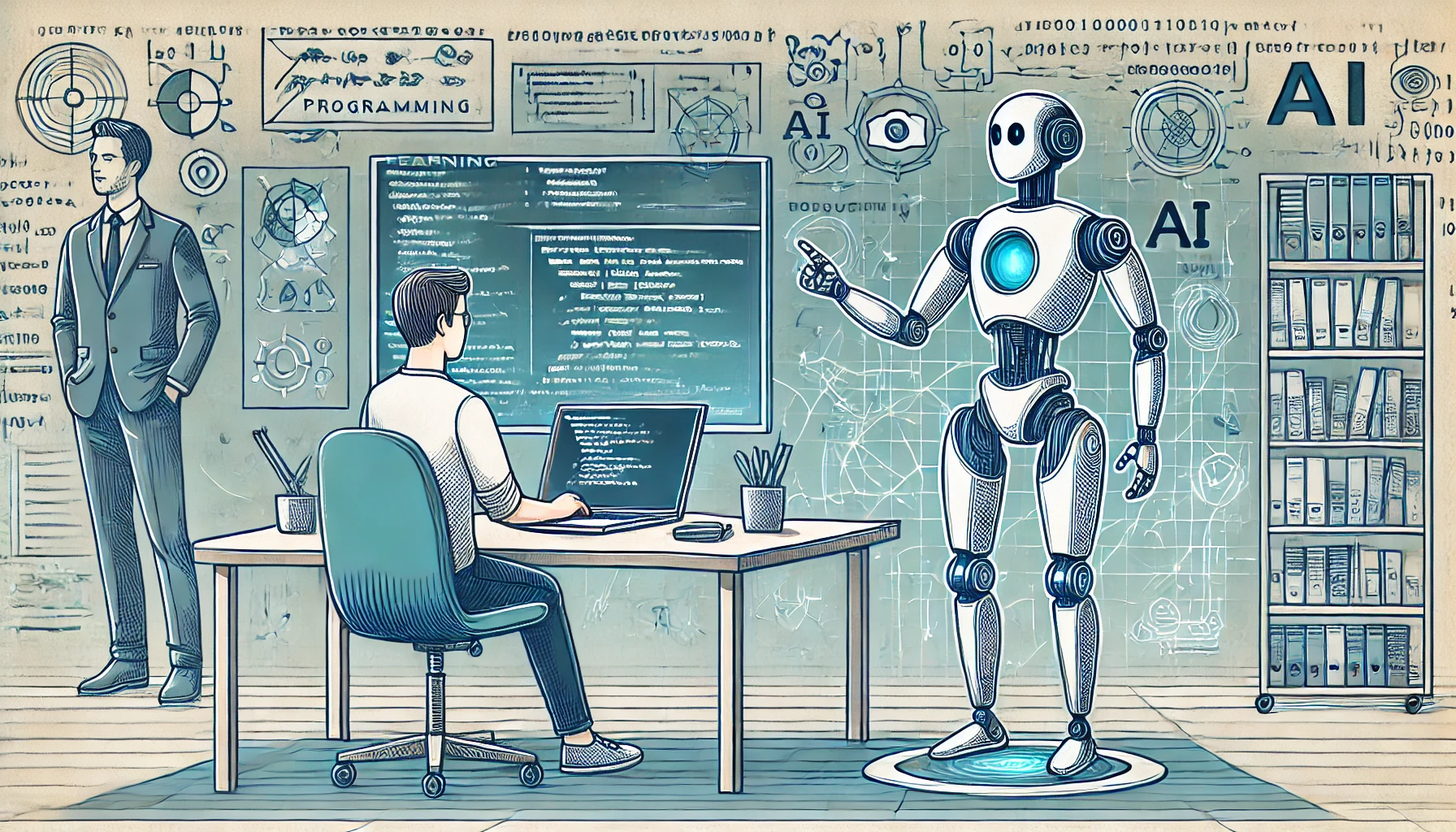
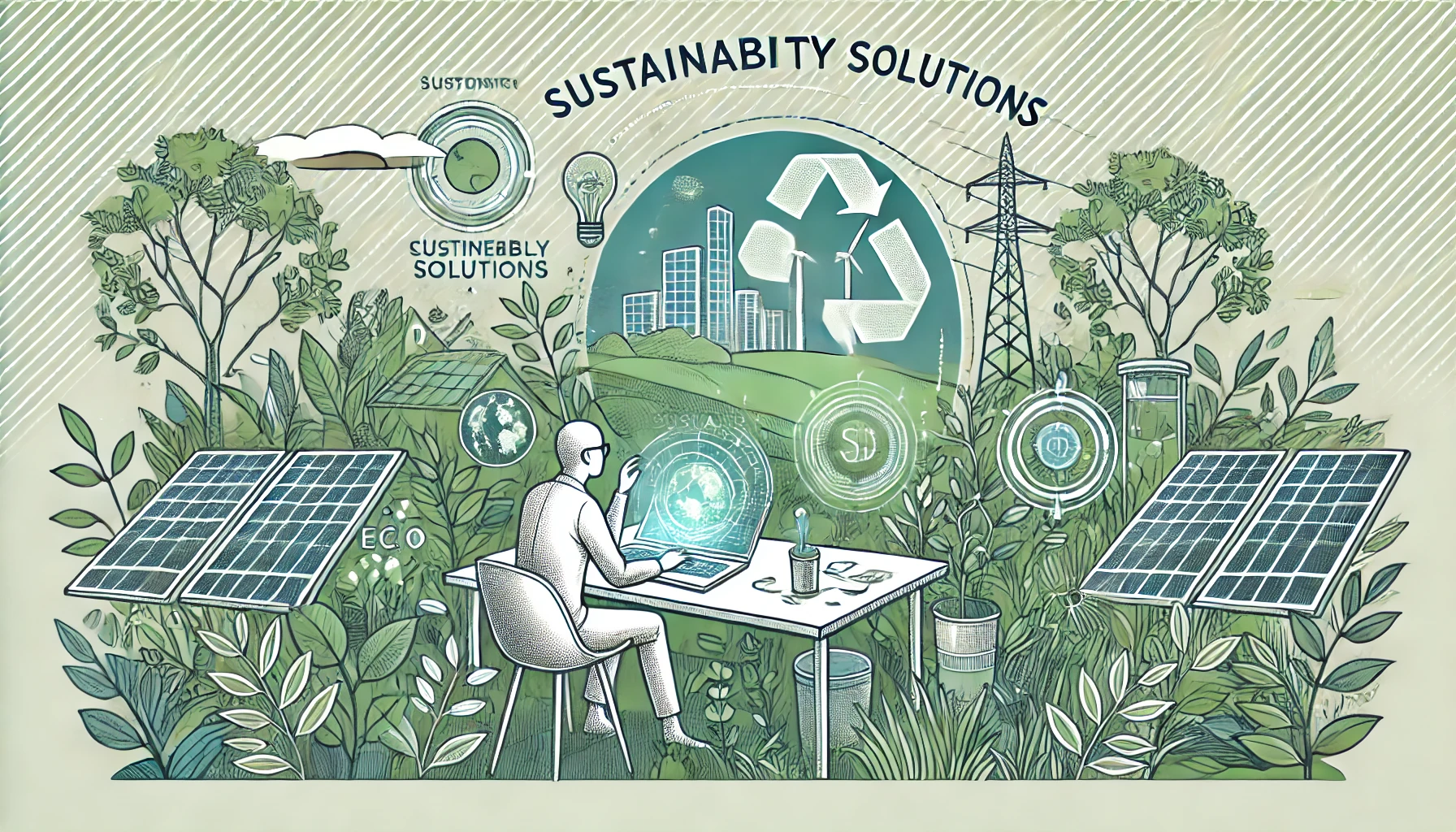
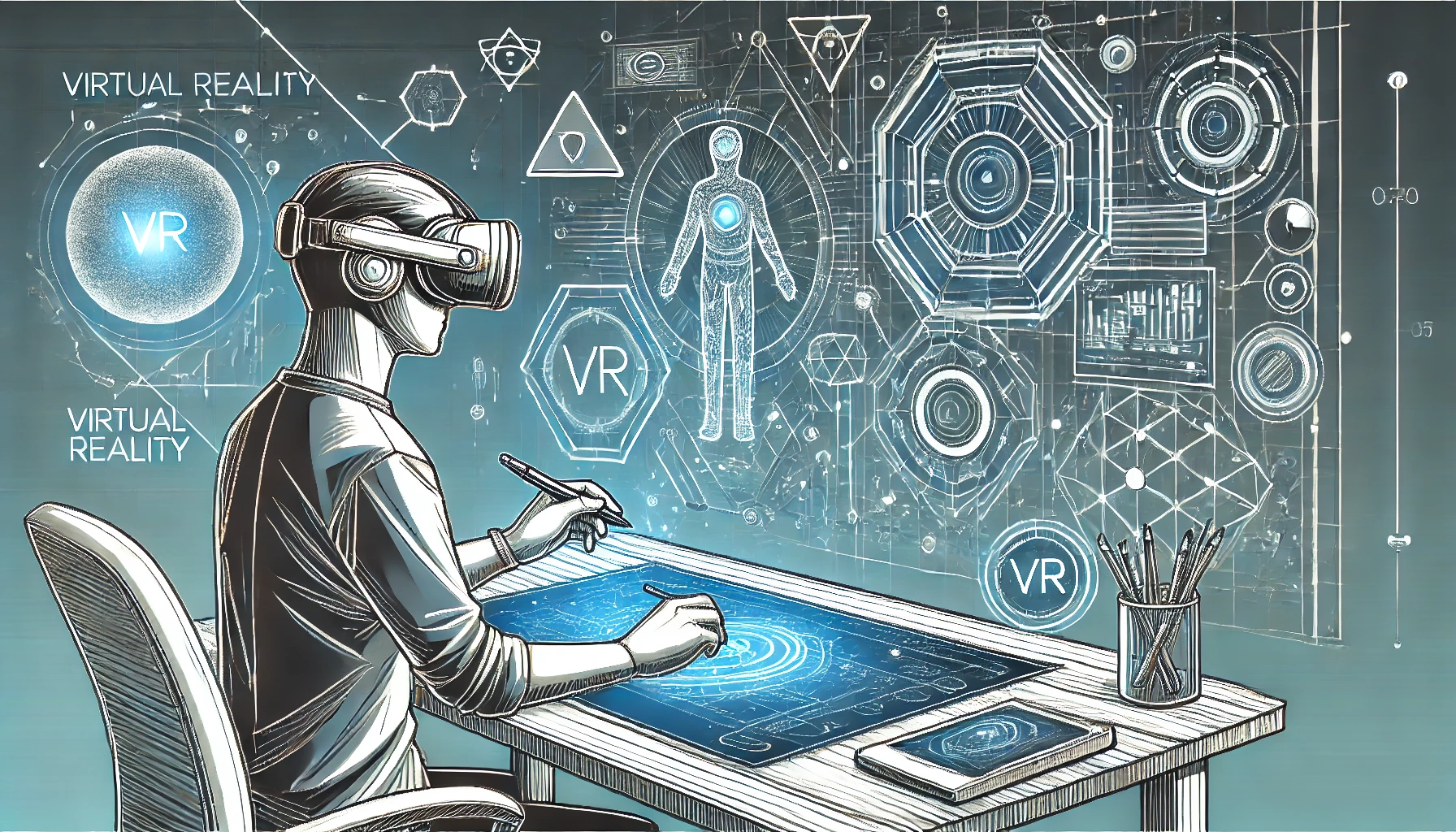
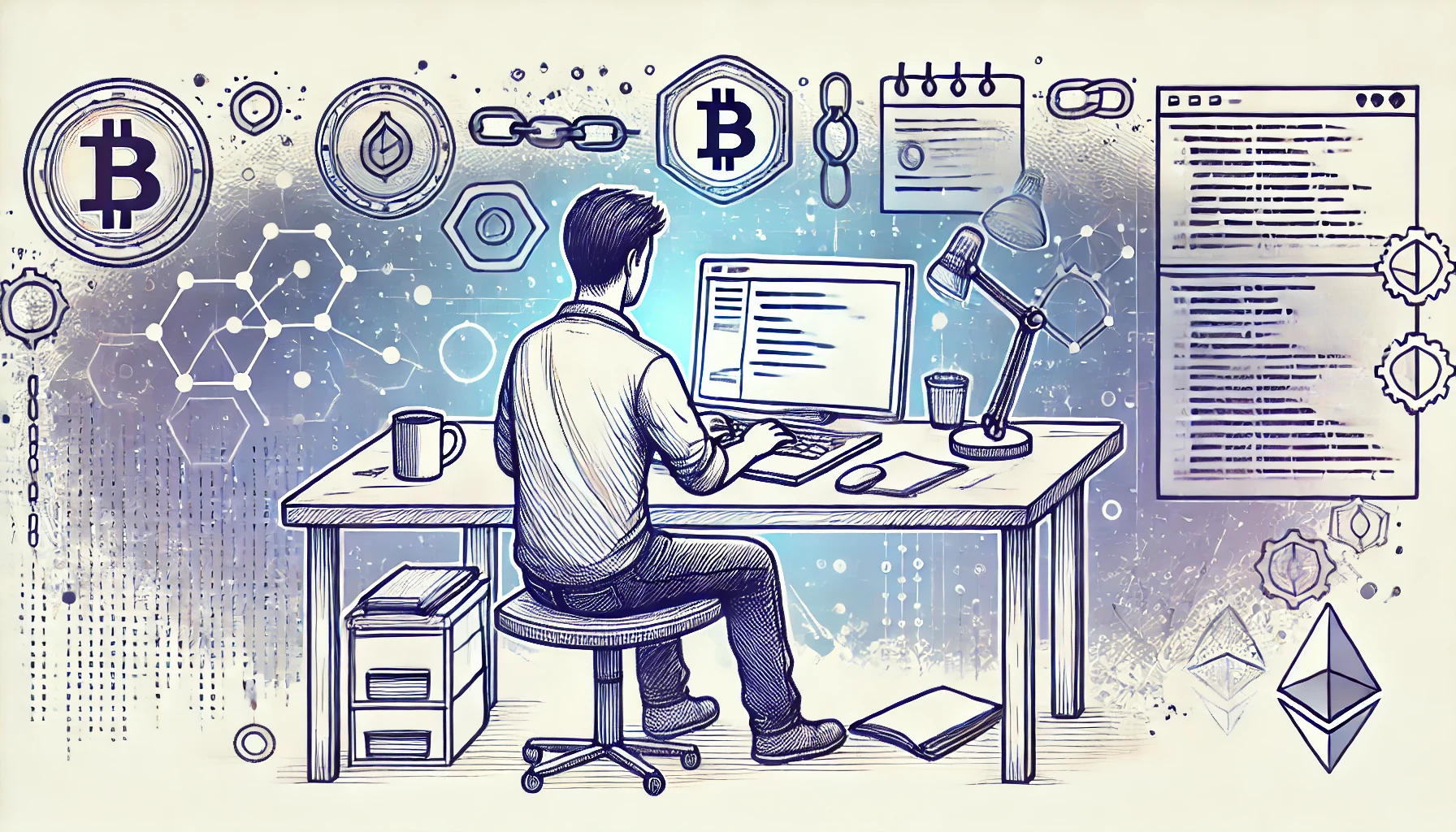


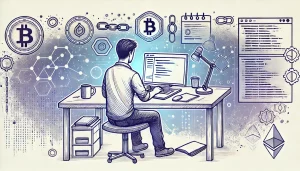



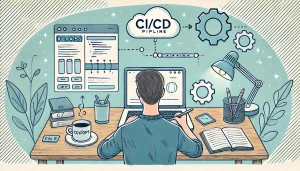
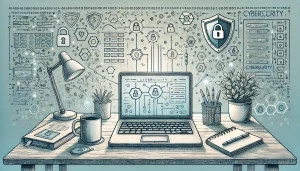

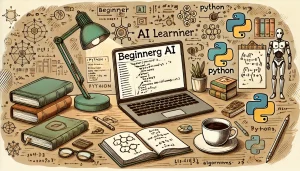

Post Comment